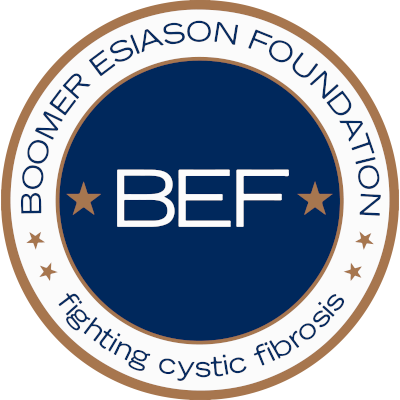BEF advocates for policies that improve the lives of people with CF. We engage state and federal policymakers to advance research, support clinical care, accelerate drug development, and enable affordable access to life-extending medications and healthcare options. BEF is informed, involved, and vocal on public policy. We believe strongly that all people with CF, and others living with rare diseases, deserve equitable access to healthcare and innovative medicines, the ability to critique the cost of healthcare, and the right to defend their own needs.
Want to get involved in CF policy and advocacy? Reach out to Meredith Marden, Director of Advocacy and Strategy.
